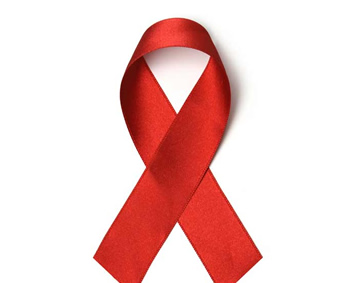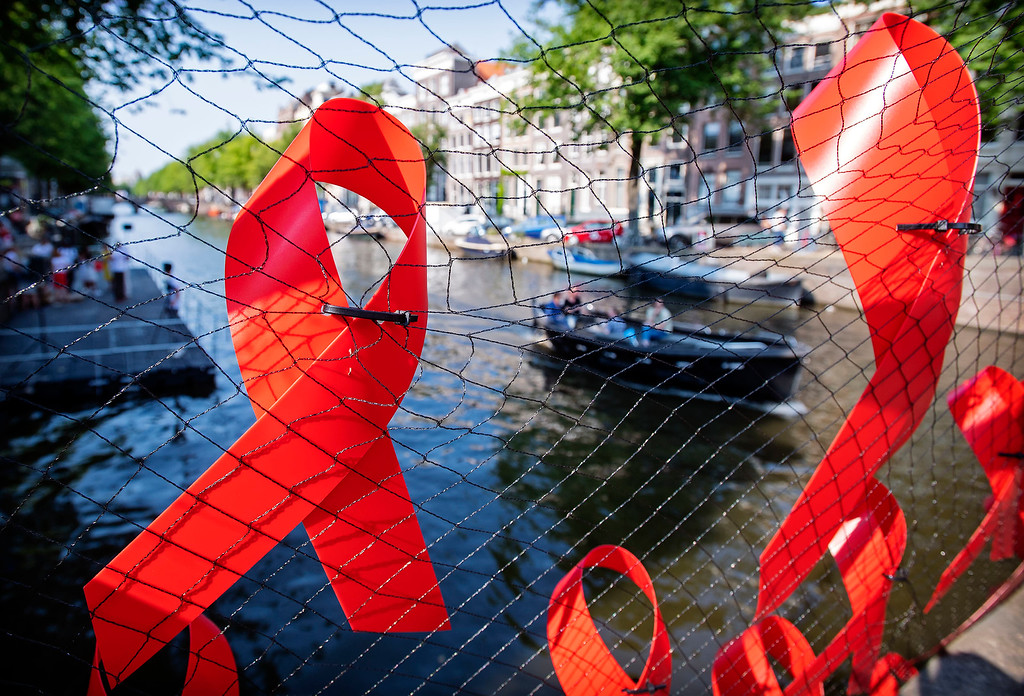
Ghana recorded 15,290 new HIV infections with 12,614 AIDS-related deaths in 2024, according to data from the National and Sub-National HIV and AIDS Estimates and Projections. In a graphiconline report, they revealed that, of the total infections 10,303 -representing 67.4 per cent were females while 4,987 representing 32.6 per cent were males.
The report further added that presently a total of 334,721 persons, comprising 229,261 females and 105,460 males are living with the virus. Similarly, 18,229- representing 5.4 per cent of the number living with HIV are children. The projection also showed that the country recorded 42 new HIV infections among children and adults each day.
Nana Oye Bampoe Addo, the Deputy Chief of Staff, who launched the HIV Estimates 2024 in Accra, on Thursday, said the figures emphasised the feminisation of the HIV epidemic and highlighted the need for Ghana to prioritise women and children in its HIV prevention and response.
She called for urgent steps to strengthen community systems, address persistent stigma and discrimination against persons living with HIV and AIDS, and expand the coverage of lifesaving services. “With only 47 per cent of people living with HIV currently on Antiretroviral therapy, it is evident that the country needs to double up its efforts in attaining the UNAIDS 95-95-95 targets,” she said.
The 95-95-95 targets set by UNAIDS aims to ensure that 95 per cent of people living with HIV know their status, 95 per cent of those diagnosed are on antiretroviral therapy (ART) and 95 per cent of those on ART have viral suppression by 2025.
Consequently, the National HIV projections 2024 shows that presently in Ghana, only 68 per cent know their HIV status, while 69 per cent of those diagnosed are on ART and 90 per cent of those on ART have achieved viral suppression. The projections also showed that 229 deaths were averted each week and a total of 12,358 deaths prevented throughout the year (2024) due to the live saving impact of the ARTs.
The latest HIV and AIDS estimates paint a deeply troubling picture of a public health crisis that demands urgent, bold and sustained national response. This signals that Ghana is far from winning the war against HIV.
For a country that has long been aware of the HIV burden, it is disheartening that access to lifesaving treatment remains a privilege instead of a right. How can it be that in 2024, more than half of the people living with HIV in Ghana are not receiving the antiretroviral therapy (ART) they need? This is not a matter of resource scarcity alone it is a reflection of poor prioritisation and fragmented implementation.
The stigma surrounding HIV is another silent killer. People living with the virus are still being discriminated against at clinics, schools, churches, and in their own homes. This toxic social climate drives people into silence, stops them from getting tested, and forces many to die in shame rather than live with dignity. No amount of medication can reverse the damage of stigma unless we deal with it at its root: ignorance, religious misinterpretation, and institutional neglect.
It is shocking that we are still struggling to meet the UNAIDS 95-95-95 targets. Ghana has had years to prepare, to educate, and to act—but we are still far behind. This shows that while global frameworks exist, local accountability is missing. What use are our national HIV strategies if they do not translate into boots on the ground, test kits in remote communities, and medication on pharmacy shelves?
We must also confront our over-reliance on donor funding. Sustainable progress cannot be built on external goodwill. Ghana needs to commit real domestic resources—not just pledges—to HIV prevention, treatment and care. HIV funding must no longer be treated as an optional line item in the national budget. It should be a strategic priority interwoven into our broader health and development goals.
Community health systems need to be empowered and decentralised. The people who are dying are not in boardrooms, they are in markets, fishing villages, farming communities and urban slums. If we do not take the fight to where they live, we are simply managing numbers, not saving lives.
The post Editorial: Increase In HIV Infections Must Be Dealt With appeared first on The Ghanaian Chronicle.
Read Full Story






















Facebook
Twitter
Pinterest
Instagram
Google+
YouTube
LinkedIn
RSS